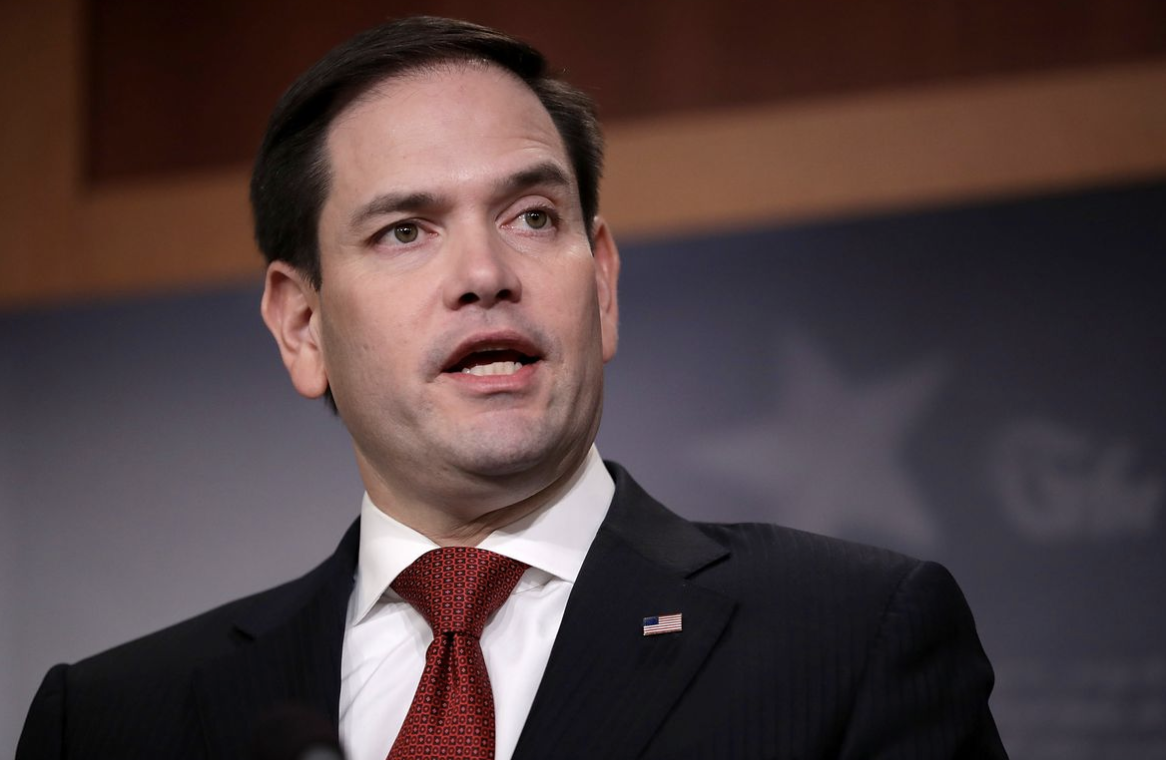200 Lawmakers From 23 Countries Unite To Resist China’s Latest "Comprehensive Assault" On Hong Kong’s Autonomy
Tyler Durden
Sun, 05/24/2020 – 11:40
As the Politburo Standing Committee prepares to weave a new "National Security" law banning all "subversive" activities linked to "foreign" influences or "terrorism" – a popular byword for the pro-democracy movement on the mainland – into Hong Kong’s Basic Law, 200 lawmakers from nearly two dozen countries have spoken up to condemn the decision, which was set in motion during China’s two-day National Party Congress, which was held in Beijing this past week 2 months after it was initially scheduled to take place.
BREAKING: 198 legislators from 23 countries condemn Beijing’s actions in Hong Kong; vow to #StandWithHongKong
Including @marcorubio @SenatorMenendez @kimbakit @MPIainDS @guyverhofstadt @RepEliotEngel @tedcruz @bueti @GarnettGenuis @RmdKenny @KarinKarlsbro and many others. ? pic.twitter.com/HcBWlJOGmX
— Luke de Pulford 裴倫德 (@lukedepulford) May 23, 2020
The letter reads:
We, the co-signed, write to express grave concerns about the unilateral introduction of national security legislation by Beijing in Hong Kong.
This is a comprehensive assault on the city’s autonomy, rule of law, and fundamental freedoms. The integrity of one-country, two systems hangs by a thread.
It is the genuine grievances of ordinary Hong Kongers that are driving protests. Draconian laws will only escalate the situation further, jeopardizing Hong Kong’s future as an open Chinese international city.
If the international community cannot trust Beijing to keep its word when It comes to Hong Kong, people will be reluctant to take its word on other matters. Sympathetic governments must unite to say that this flagrant breach of the Sino-British Joint Declaration cannot be tolerated.
The list includes several prominent members of the Senate from both parties, including Ted Cruz, Marco Rubio, Sen Bob Menendez and others. As we noted in our initial coverage, the party congress voted to approve a resolution calling for the Standing Committee to make the necessary constitutional changes just a day after the Senate voted unanimously to approve a new bill threatening to de-list Chinese companies from American securities exchanges if they don’t comply with US auditing standards, which Chinese companies have heretofore refused, creating tremendous opportunities for people like Carson Block to get tremendously rich, while the retail bagholders who invest in companies like Luckin Coffee.
Last week, the US added more than 30 new Chinese companies to a blacklist over human rights abuses, then an ‘independent’ security firm leaked a report revealing how many of America’s largest tech companies were providing services for these firms (despite Google employees qualms about the company’s work for the Defense Department being "amoral").
But we digress.
China’s crackdown, coming in the middle of the coronavirus outbreak that Beijing (either wittingly or unwittingly) unleashed upon the world, is a brazen gesture that President Xi has no intentions of "playing nice" with the West – at least, not anymore. While some might blame President Trump for opening "Pandora’s Box" by starting the bilateral trade war, others, including the last British governor of Hong Kong – who was present when the British flag was lowered for the last time over the city-state’s seat of government back in 1997 – insist that the West has been chasing a "pot of gold" – unfettered access to Chinese markets – that never really existed.
Chris Patten, the former HK governor, claimed during a recent interview that he has believed for years that Beijing never had any intention of "liberalizing" its economy, or its political system, as the British hoped when they initially decided to hand Hong Kong back to the CCP.
Now, with President Trump cancelling arms control treaties and plotting the first US nuclear test in 30 years, investors like David Tepper now see an armed conflict between the US and China as a tail risk that – however remote – may be worth hedging against.
In Hong Kong, hundreds of pro-democracy protesters hit the streets on Sunday, though their numbers were much smaller than the crowds that battled with police last fall.
Hundreds of pro democracy protesters hit the streets of Hong Kong again, angry over China’s new proposed security law which Beijing wants to implement immediately. #HongKong #China #protests https://t.co/1ilxBCUSjc pic.twitter.com/9xSV3I29xJ
— RFI English (@RFI_En) May 24, 2020
We suspect there’s more to blame than just the coronavirus for that.
via ZeroHedge News
Enjoy this article? Read the full version at the authors website: https://www.zerohedge.com/fullrss2.xml

